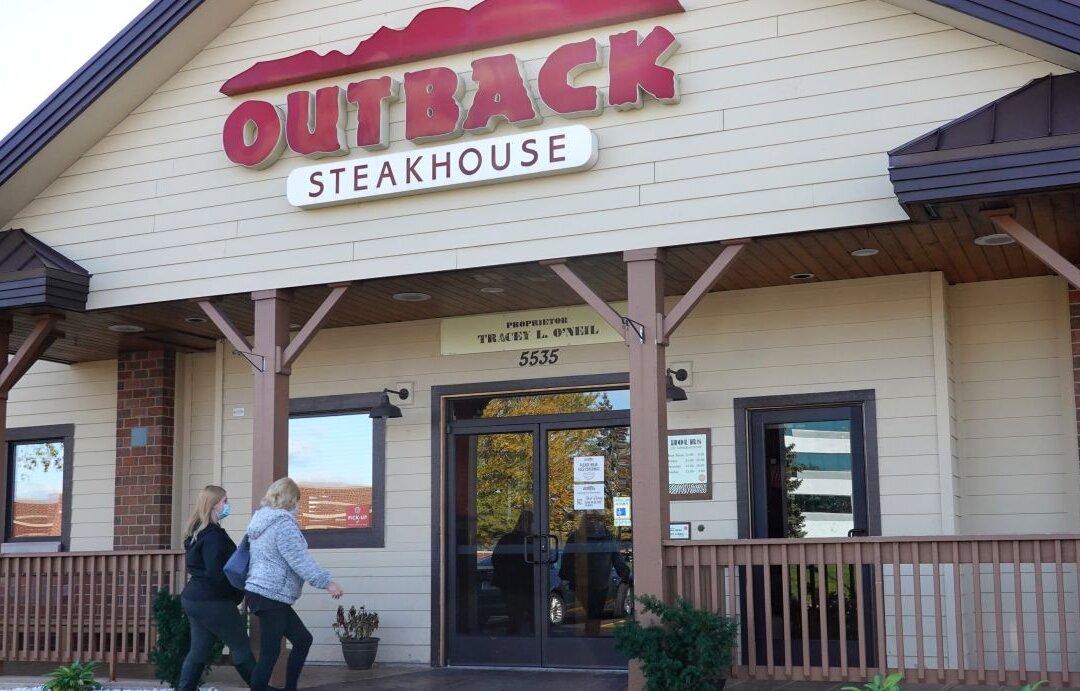The parent company of fast-casual restaurant Outback Steakhouse announced it will close several-dozen locations across the United States due to performance issues.
In a recent earnings call for the most recent quarter, CEO David Deno said that “we periodically review our asset base and, in our latest review, we made the decision to close 41 underperforming locations,” adding that the “majority of these restaurants were older assets with leases from the ‘90s and early 2000s,”





